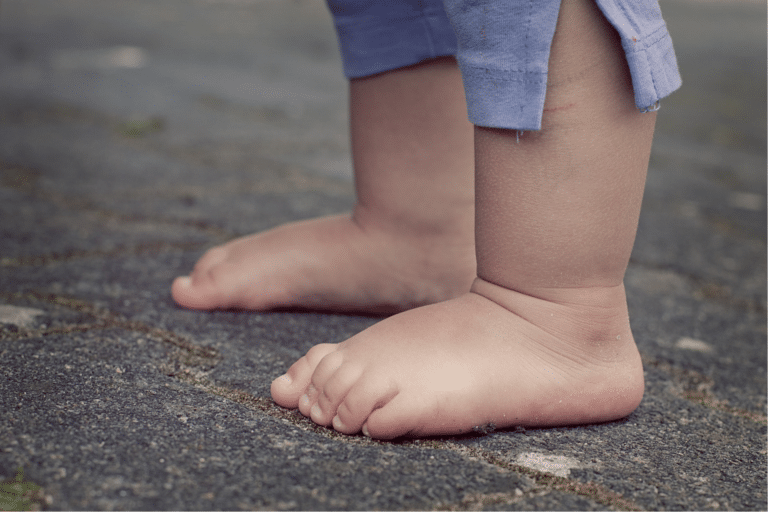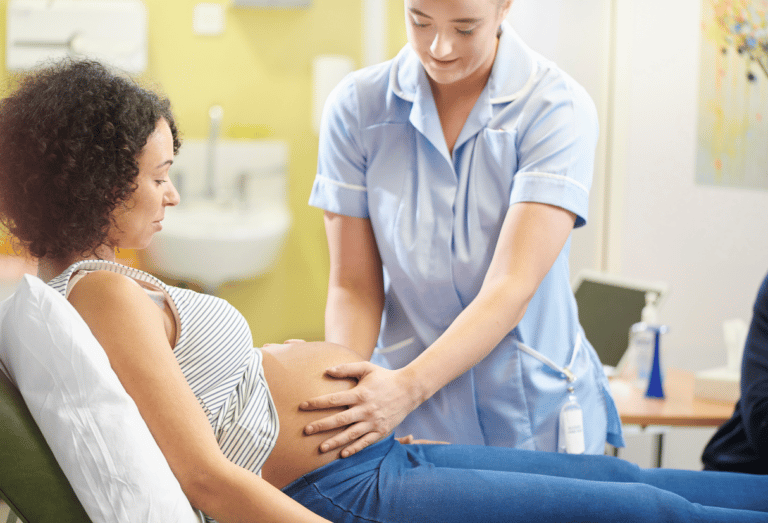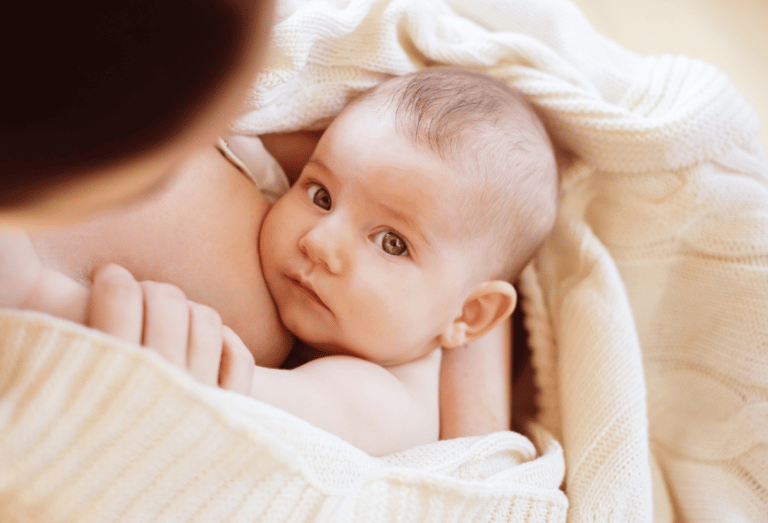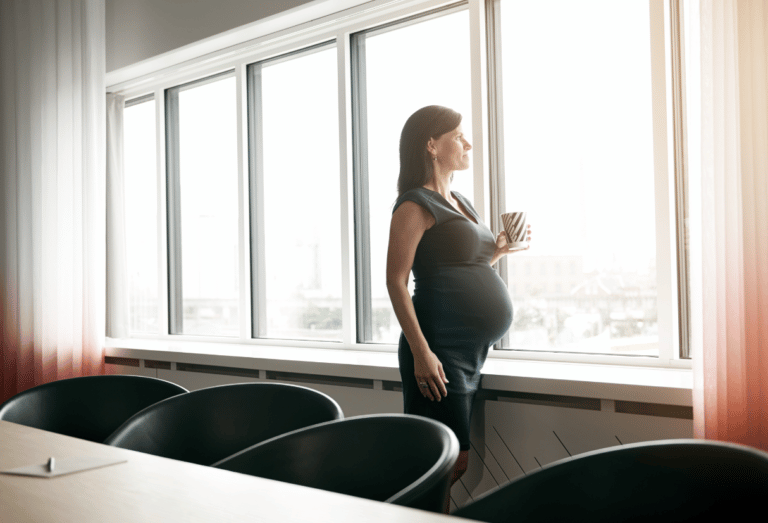The Breastfeeding rate in the UK is the lowest in the world. The UK leads the way in so many sectors, but sadly, breastfeeding is not one of them. In fact, here in the UK we have the lowest breastfeeding rate in the world. Just take that in for a moment.

Important Update: October 2023.
In October, the Office of Health Improvement and Disparities formally announced a new 2023 National Infant Feeding Survey. We at Anya eagerly anticipate the results. This anticipation is fueled by the fact that the last national infant feeding survey in England took place in 2010. You can read more about this in the government website.
The Office of Health Improvement and Disparities made the announcement on 5th October. They have commissioned IPSOS to conduct the survey. IPSOS will initially contact mothers of babies at 9 to 12 weeks old. They will invite these mothers to volunteer for participation in the survey, which aims to investigate:
- how mothers feed their babies
- where they get information and advice on feeding their babies
- some aspects of pregnancy and lifestyle
Participants who complete the first questionnaire and consent to additional contact will receive further questionnaires. These will be sent when their baby reaches approximately 4 to 6 months old and 8 to 10 months old.
Once ready, the survey results will be published on the government website. See below to read more about what we already know about the breastfeeding rate in the UK being the lowest in the world
The UK has one of the lowest breastfeeding rates in the entire world.
Low breastfeeding rates in the UK is down to the lack of awareness and lack of consistent support. We know that parents are doing their very best and making a monumental effort to give their baby the best start in life. While we used to raise babies with the entire village, how can we expect parents to now do this alone?
This startling statistic is proof that we need our voices and frustrations to be heard in order to make changes. Only 1 in 200 UK women do any breastfeeding after a year, that is a very low 0.5%. In Germany, 23% of women still breastfeed after a year, 27% in the USA and 56% in Brazil. It’s sad to read that 90% of women from the UK stop breastfeeding before they want to.
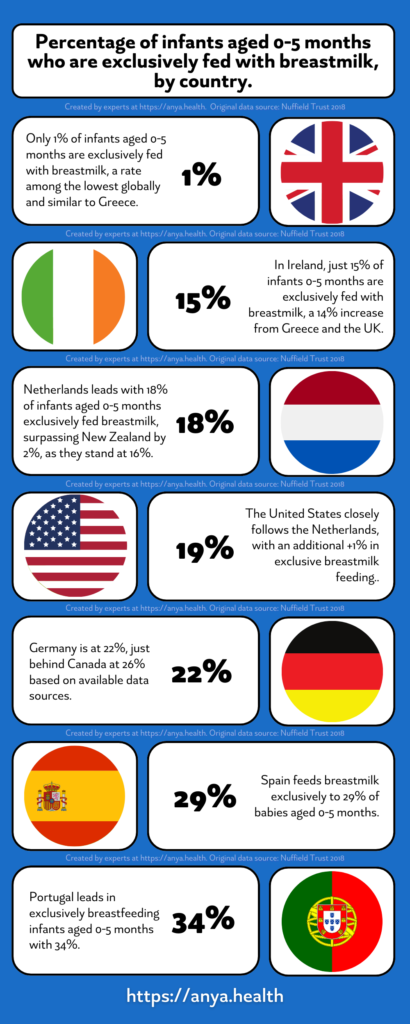
We know that parents in the UK are trying hard to breastfeed.
Some statistics and facts about breastfeeding in the UK:
- The 2010 Infant Feeding Survey found that although 81% of parents in the UK tried to breastfeed their newborns at birth, by the end of the first week over half of those babies had some degree of formula. Across the UK, at 3 months the number of parents breastfeeding exclusively was 17% and at 4 months, it dropped further to 12%. Exclusive breastfeeding at six months (recommended by the WHO) remained at 1%. 2010 was the last year a UK wide survey took place.
- The UK-wide Better Breastfeeding Campaign reports that cuts to breastfeeding services are affecting at least 44% of local authority areas in England.
- A study published in August 2014 by the Maternal and Child Health Journal revealed that parents who plan to breastfeed their babies, but are unable to for whatever reason, are 50% more likely to suffer depression as parents who decide in advance to use formula.
- Research shows that 90% of parents who stop breastfeeding, do so before they want to. In a 2016 survey of 300 parents, 60% of parents said that they gave up breastfeeding because of the pain and lack of support. Incorrect latching and subsequent nipple damage primarily cause this breastfeeding pain.
We can help change this.
A study in The Lancet estimates that global economic losses from the lower cognition due to not breastfeeding reached a staggering US$302 billion in 2012, equivalent to 0.49% of world gross national income. In high-income countries alone, these losses amounted to US$231.4 billion, equivalent to 0.53% of gross national income.
Increasing the UK’s breastfeeding rates could reportedly save the NHS £50m a year as “excess appointments for babies fed on formula milk, who are more prone to illness, would no longer be needed.”

With cheaper, easier, and more accessible breastfeeding support, parents are more likely to continue breastfeeding which will have a positive impact on their health and mental wellbeing. Babies will be happier and more relaxed too. So let’s help them!


